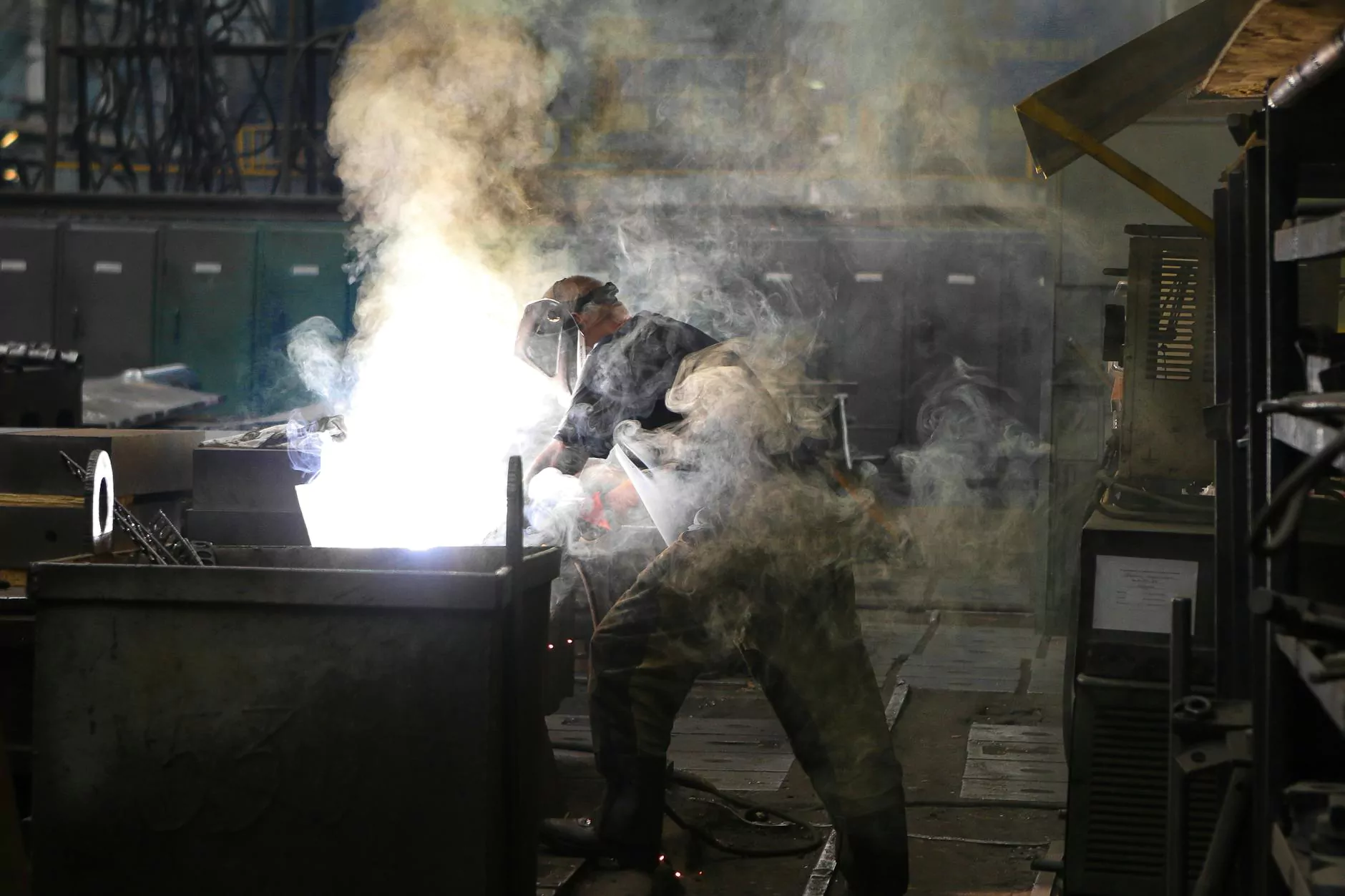The Importance of Quality Grain Equipment in Modern Agriculture

In the world of agriculture, grain equipment plays a fundamental role in ensuring efficient crop production and harvesting. As farming techniques evolve, the relevance of high-quality equipment becomes increasingly paramount. From enhancing productivity to minimizing waste, the benefits of investing in top-notch grain machinery cannot be overstated.
Understanding the Core Types of Grain Equipment
Grain equipment encompasses a wide array of machines specifically designed to facilitate the handling, processing, and storage of grains. Below, we explore the core types of grain equipment that every farmer should consider:
- Grain Elevators: These vertical systems are crucial for transporting grains from one level to another, ensuring swift movement during harvesting and storage processes.
- Grain Bins: Protect grains from environmental factors with high-capacity storage solutions. These bins come in various sizes and configurations to fit any farming operation.
- Grain Dryers: Essential for achieving optimal moisture levels, grain dryers prevent spoilage and enhance the quality of stored grains.
- Combine Harvesters: A vital piece of machinery, combine harvesters simultaneously reap, thresh, and clean the grain, showcasing efficiency in harvesting.
- Grain Crushers and Mills: These machines break down grains into smaller particles, making them suitable for various uses including animal feed and food production.
The Benefits of Investing in Quality Grain Equipment
When it comes to agricultural productivity, the quality of grain equipment directly impacts the success of farming operations. Here are several benefits of investing in reliable and efficient grain machinery:
1. Enhanced Productivity
Quality grain equipment optimizes the workflow on a farm, allowing for quicker and more efficient operations. This not only saves time but also increases the volume of grain processed during the peak season.
2. Improved Grain Quality
With superior equipment, farmers can ensure that their grains are processed with precision, maintaining high quality and reducing losses due to spoilage or damage during handling.
3. Cost-Effectiveness
While the initial investment in grain equipment may seem high, the long-term savings on repairs, maintenance, and increased efficiency make it a financially sound decision. Well-maintained equipment has a longer lifespan, reducing replacement costs.
4. Safety and Regulations Compliance
Modern grain equipment is designed with safety in mind, reducing the risk of accidents and injuries. Additionally, compliance with agricultural regulations is easier with up-to-date machinery designed to meet industry standards.
Maintenance Tips for Grain Equipment
To maximize the lifespan and efficiency of grain equipment, regular maintenance is essential. Here are some expert maintenance tips:
- Routine Inspections: Regularly inspect all components including motors, belts, and moving parts for signs of wear or damage.
- Cleaning: Dust, dirt, and leftover grain can accumulate, leading to operational inefficiencies. Regular cleaning helps maintain efficiency.
- Lubrication: Ensure all moving parts are well-lubricated to minimize friction and wear.
- Replace Worn Parts: Don’t wait for complete failure; replace parts that show signs of wear before they fail completely.
- Professional Servicing: Schedule annual professional servicing for thorough inspections and repairs that go beyond day-to-day maintenance.
Technological Advancements in Grain Equipment
The agricultural industry is witnessing rapid technological advancements, and the field of grain equipment is no exception. Innovations that have transformed farming practices include:
1. Automation and Smart Technology
Smart grain equipment can now communicate data directly to farmers, optimizing operations through automation. Sensors monitor grain moisture and temperature, providing real-time data that can guide when to harvest or store crops.
2. Precision Agriculture
Modern grain equipment is integrated with GPS technology, allowing for precision farming techniques. This approach enhances field productivity by using data-driven insights for planting, fertilizing, and harvesting.
3. Energy Efficiency
With a global focus on sustainability, many grain equipment manufacturers are developing energy-efficient appliances. This not only reduces environmental impact but also lowers operating costs for farmers.
The Impact of Grain Equipment on Sustainable Farming
Sustainable farming is gaining traction, and quality grain equipment is a key component in this movement. Here’s how the equipment helps promote sustainability:
- Resource Management: Efficient handling of grains ensures less waste and better resource management, minimizing the carbon footprint associated with farming operations.
- Reduced Chemical Use: Precision equipment reduces the need for chemical pesticides and fertilizers, contributing to a healthier ecosystem.
- Soil Health: Advanced farming techniques supported by efficient grain equipment promote practices that enhance soil fertility and biodiversity.
Conclusion
Investing in grain equipment is not merely a purchase; it is a commitment to the future of farming. The right equipment enhances productivity, ensures quality, and aligns with sustainable practices that are vital in today's agricultural landscape. As farmers continue to face challenges such as climate change, market fluctuations, and increasing demand for quality produce, high-end machinery becomes indispensable.
To learn more about our farm equipment repair services and explore our extensive range of farming equipment, visit us at tsgcinc.com. Ensure your farming operation is equipped for success!









